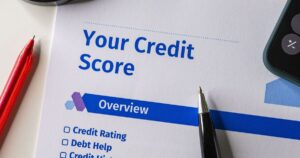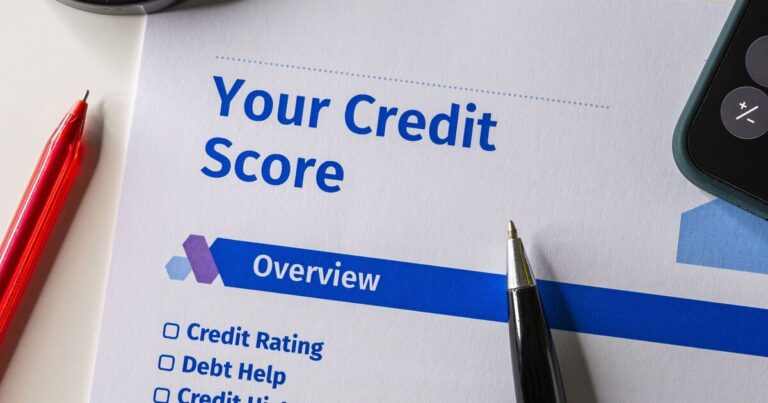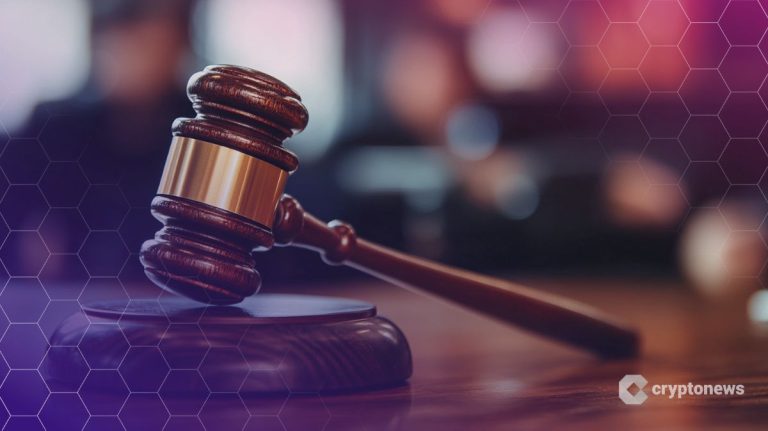
Energy prices rose on January 1 (Image: Getty)
As temperatures drop, the strain on already high energy bills intensifies. Households are already grappling with increased costs under Ofgem’s new energy price cap, which took effect on January 1.
From January to March, the new price cap for those paying by direct debit has been set at £1,738 – a 1.2 per cent increase from the previous three months. This marks the second consecutive rise, with another hike anticipated later in the year.
Those paying by cash or cheque will face a higher cap of £1,851 a year to account for additional costs, while prepay energy bills will rise by an average of 1%, meaning a typical household on prepay will pay £1,690 a year under the new Price Cap. However, the exact amount you will pay depends on your usage.
This comes as many pensioners face the loss of the Winter Fuel Payment, which previously provided all those of State Pension age up to £300 to help with additional costs. Now, only those on key benefits – mainly Pension Credit – will receive this financial aid.
But for those on prepayment meters, many might not have any money to add to their meter, leaving them without energy. Citizens Advice estimates that 1.7m people in Britain ran out of credit on their prepayment meter last year, with 800,000 going more than 24 hours without gas or electricity because they couldn’t afford to top up, reports Devon Live.
For those facing financial difficulties, there is assistance available. Martin Lewis’ MoneySavingExpert advises: “Make sure you are getting all the support you are entitled to. If you’re worried about paying your energy bills – or you’re already struggling – don’t suffer in silence. There’s lots of help out there.”
The site points out that all suppliers offer forms of aid, including emergency credit typically between £5 to £10 when your top-up finishes.
Crucially, using emergency credit means that the standing charge, a daily fixed fee for your connection, isn’t applied. Various providers also have hardship funds designed to assist those in debt.
The leading suppliers have detailed their additional support measures. For instance:.
Utilita customers can access up to £100 when their credit runs low, with potential entitlements of £60 for gas and £40 for electricity. Repayment terms are flexible.
To be eligible, customers need to have under £2 in their account, a functional meter and less than £20 of debt on the supply they are topping up. Conditions apply for receiving the credit.
If you’re looking to take advantage of this help, download the My Utilita app. Applications for Power Up can be made from the ‘Home’ or ‘Payments’ screen.
Begin by informing Utilita of your next top-up date, select an amount for Power Up, and decide on a rate of recovery.
When topping up your meter, part of the money added will go towards repaying any used emergency credit, giving you flexible repayment options. British Gas customers can receive a £10 credit on their meter in an emergency, provided their normal credit balance is under £1.
British Gas then subtracts the owed amount from your following top-up; so if you’ve used £5 of emergency credit, it’ll show as a £5 debt. To activate this emergency credit on a pre-payment gas or electric key meter, the key must be inserted into the meter.
A flashing “e” means emergency credit is available; a solid “e” indicates you’re using emergency credit already. After the emergency credit runs out, you’ll need to top up sufficient funds to cover the used emergency credit and any other outstanding charges, plus some for your usual consumption, before reconnection.
Octopus energy, on the other hand, offers those with smart meters the option to access £10 emergency credit for both gas and electricity, which can be initiated via the In-Home Display by waking the screen and following the prompt to activate emergency credit.
Press either button once to activate emergency credit. Important: If your supply is already off, make sure any electrical appliances are switched off before reconnecting your electricity supply.
Those without a smart meter could receive up to £30 of emergency gas or electricity credit. This is £10 for electricity and £20 for gas.
You must be down to the last £1 of your electricity credit or £2 of your gas credit to qualify. Use your electricity key or gas card to activate the emergency credit.
Any emergency credit used will be deducted from the balance the next time you top up. However, if the emergency credit runs out and you cannot afford to top up the meter then contact your supplier as soon as possible by emailing emergencies@octopus or call 0808 164 1088 between 9am and 5pm from Monday to Thursday and 9am to 4pm on Friday. The provider might be able to offer additional support.
Any borrowed money must be repaid but the cost can be spread out. It stated: “We may be able to provide you with additional support to get back on supply. You will need to pay back any borrowed credit, but we can spread the cost so you’re only ever paying what you can afford.”
The firm also urged people to reach out if they are struggling. It says: “We know it can be scary to ask for help, but if you have prepayment meters and are unable to top up, please get in touch .”
EDF Electricity has stated: “We may be able to offer you extra credit as a loan (also called additional support credit), which can be repaid in manageable daily instalments and deducted from your balance when your meter is in credit. This way, we can make sure that the repayment fits comfortably within your budget.
“We never want you to be without an energy supply, so we put £10 of emergency credit on your electricity prepayment meter. This gives you some extra time to get to the shop and top up.”
It also provides instructions for using the emergency credit: “You can use your emergency credit when the balance on your electricity meter drops to 50p or less. This is when your meter will give you a warning beep and you’ll see a flashing ‘e’ on the screen. To start using your emergency credit, just take your key out of the meter, then put it back in.”
To repay the debt, customers are advised to top up their key as normal, noting that electricity won’t be restored until the debt is paid. For gas, EDF also offers £10 of emergency credit on gas prepayment meters, stating: “This gives you some extra time to get to the shop and top up. You can use your emergency credit when the balance on your gas meter drops to £0.”
Instructions for using the emergency credit for gas are similar to those for electricity: “To start using your emergency credit, just take your card out of the meter, then put it back in.”
Customers have the option to pay back all their emergency credit debt in one go or in stages.
When you insert your card into the meter, it will deduct a payment to clear your debt. Any remaining credit after this is used for your ongoing energy consumption.
To repay your emergency credit debt in stages, you need to insert your card into the meter. EDF will then automatically deduct 70% of your credit to pay off some of the debt.
The remaining 30% is allocated towards your everyday use. This process continues until the emergency credit debts are fully repaid.
If you’re struggling financially, MoneySavingExpert advises contacting your supplier immediately. They state: “If you’re falling behind with your energy bills, and finding yourself struggling to pay, the best thing to do is contact your supplier as soon as possible.”
According to Ofgem regulations, your supplier is obliged to assist you, typically by negotiating an affordable payment plan.
The help you can receive is determined on a case-by-case basis, but crucially, repayment must be based on your ability to pay. Therefore, it’s essential to contact your supplier at the earliest opportunity.
Additional assistance may be available in the form of a grant from your energy supplier if you’re unable to repay your debt. Certain suppliers offer energy grants.
If you’re ineligible for a grant from your supplier, you might qualify for one from the British Gas Energy Trust. These grants are open to everyone – you don’t have to be a British Gas customer.



















